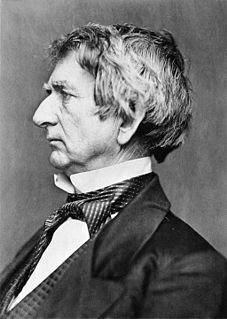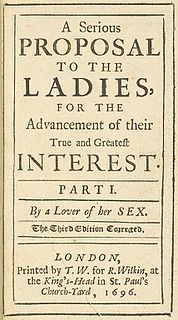A Quote by Lord Chesterfield
Business by no means forbids pleasures; on the contrary, they reciprocally season each other; and I will venture to affirm, that no man enjoys either in perfection that does not join both.
Related Quotes
In this world, perfection is an illusion. Reagrdless of all those who utter the contrary, this is the reality. Obviously mediocre fools will forever lust for perfection and seek it out. However, what meaning is there in perfection? None. Not a bit. ...After perfection there exists nothing higher. Not even room for creation which means there is no room for wisdom or talent either. Understand? To scientists like ourselves, perfection is despair. - Kurotsuchi Mayuri (Bleach 306)
Subjects who reciprocally recognize each other as such, must consider each other as identical, insofar as they both take up the position of subject; they must at all times subsume themselves and the other under the same category. At the same time, the relation of reciprocity of recognition demands the non-identity of one and the other, both must also maintain their absolute difference, for to be a subject implies the claim of individuation.
There is not a little generalship and stratagem required in the managing and marshalling of our pleasures, so that each shall not mutually encroach to the destruction of all. For pleasures are very voracious, too apt to worry one another, and each, like Aaron's serpent, is prone to swallow up the rest. Thus drinking will soon destroy the power, gaming the means, and sensuality the taste, for other pleasures less seductive, but far more salubrious, and permanent as they are pure.
We are foolish, and without excuse foolish, in speaking of the superiority of one sex to the other, as if they could be compared in similar things! Each has what the other has not; each completes the other; they are in nothing alike and the happiness and perfection of both depend on each asking and receiving from the other what the other only can give.
For my part I think the Learned, and Unlearned Blockhead pretty equal; for 'tis all one to me, whether a Man talk Nonsense, or unintelligible Sense, I am diverted and edified alike by either; the one enjoys himself less, but suffers his Friends to do it more; the other enjoys himself and his own Humour enough, but will let no body else do it in his Company.
A woman means by Unselfishness chiefly taking trouble for others; a man means not giving trouble to others...thus, while the woman thinks of doing good offices and the man of respecting other people's rights, each sex, without any obvious unreason, can and does regard the other as radically selfish.


































